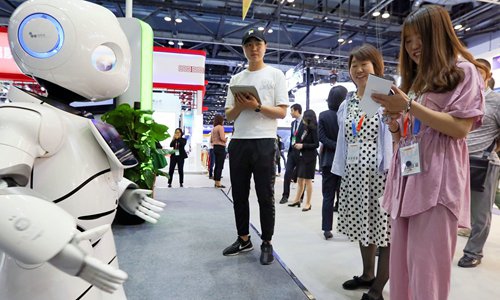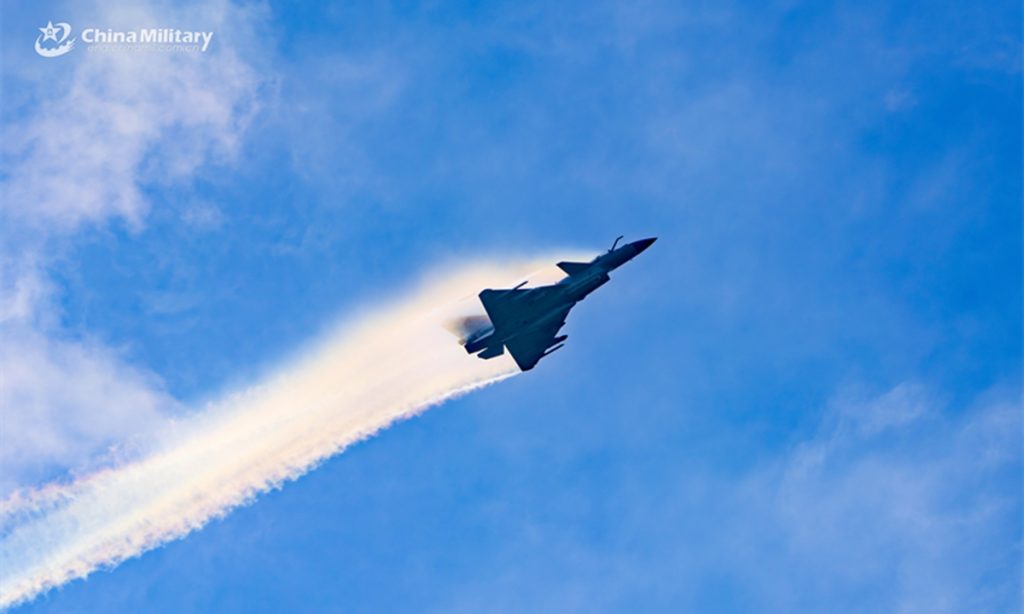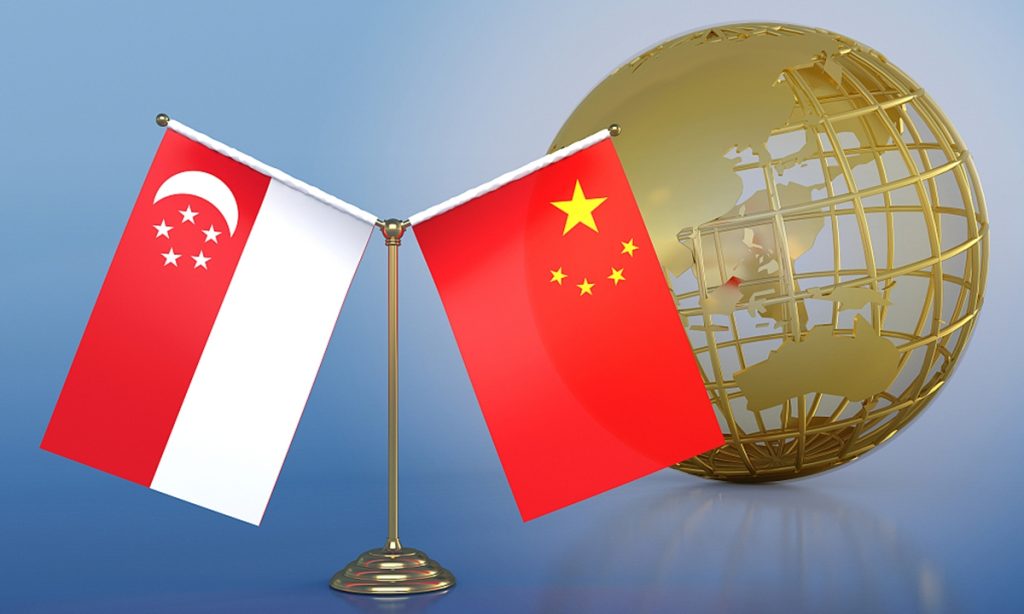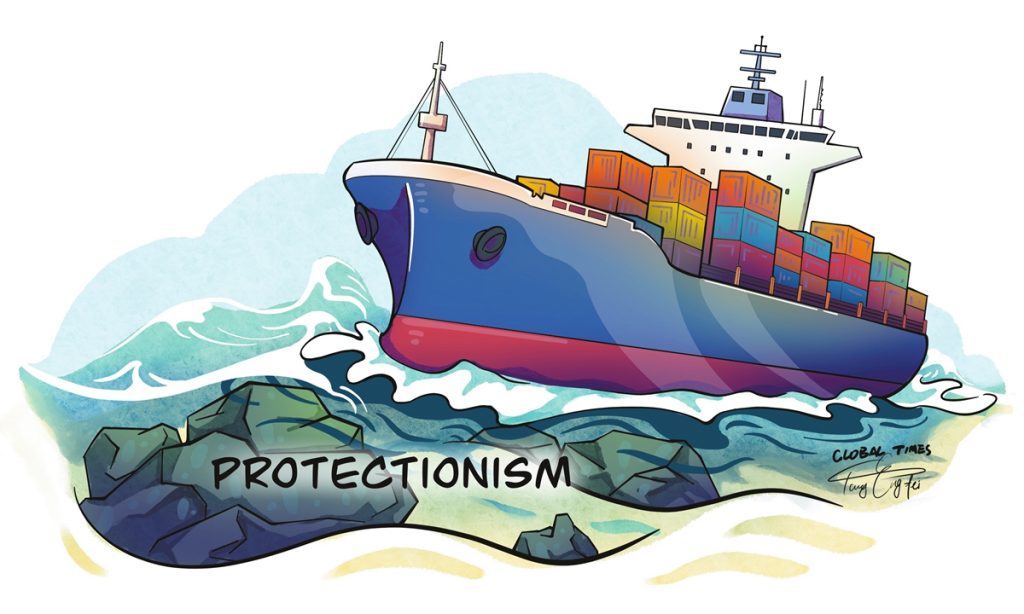Three decades of aids demonstrate a multi-generational relay in building a modern, prosperous Xizang

In the harsh, oxygen-thin environment of the Xizang Autonomous Region in Southwest China, where life on the "roof of the world" meets daily challenges, the resilience and unity of the Chinese people have been tested and proven over the last three decades.
Since 1994, approximately 12,000 officials have been dispatched to Xizang through the paired-up assistance mechanism. Among them, Party members have formed the backbone of this mission, which has been sustained across generations.
They are comprised of doctors who brave the cold and lack of oxygen to bring health and hope to remote villages; teachers who cross mountains and rivers to impart knowledge and ignite the dreams of children; engineers who carve roads through treacherous terrain, connecting isolated communities to the broader world; and officials who leave their homes and families behind to dedicate themselves to the development of Xizang, embodying the spirit of perseverance and dedication.
As 2024 marks the 30th anniversary of these dedicated efforts in aiding Xizang, the Global Times has interviewed aid teams from across the region to delve into their inspiring stories.
Long-lasting spirit
Li Manwan has never regretted her decision.
A doctor from Changde, Central China's Hunan Province, Li first arrived at the Lhunze County People's Hospital in Shannan Prefecture, southeastern Xizang in August 2021. After completing her initial year-and-a-half aid mission in Xizang, she applied to join the second batch of medical workers in March 2023, continuing her service in Lhunze to fulfill her medical mission.
Lhunze sits at an average altitude of 3,800 meters and is known for its harsh, windy conditions. Initially, Li overcame the discomfort caused by altitude sickness and took full responsibility for clinical teaching, outpatient services, and surgeries in the hospital's obstetrics and gynecology department.
Within just two years, the obstetrics and gynecology department developed into a comprehensive clinical unit, integrating gynecology, obstetrics, family planning, and health care, with the capability of handling emergency care for pregnant women and newborns.
Li has excelled not only in improving medical techniques, but also in team building.
Over the last three years, Li has also led her team to complete free screenings for the "two cancers" across all 11 townships in the county, serving a total of 1,066 people.
"Lhunze is my second home, and the obstetrics and gynecology department is like a child I have nurtured. I want to continue guiding it forward," Li told the Global Times.
In northern Xizang, a hospital located at an altitude of 4,500 meters has become a shelter for the local people, granting them access to guaranteed medical services.
The Nagqu People's Hospital faced challenges such as its remote location and harsh climate, as well as trouble attracting and retaining highly skilled medical professionals.
Nagqu is also the highest-altitude prefecture-level city in the country, with the harshest environmental conditions for local residents. The average elevation in the city is 4,500 meters, and the oxygen content in the air during the summer is only 58 percent of that at sea level. The annual average temperature ranges from -0.9 C to -3.3 C.
Since 2015, Liaoning Province has dispatched a total of 116 experts to assist Xizang, providing strong support for the high-quality development of medical services in Nagqu. Additionally, Liaoning Province has invested over 20 million yuan ($2.7 million) in the purchase of equipment such as magnetic resonance imaging and telemedicine platforms to aid in the hospital's development, the Global Times learned from local government.
Currently, critical care units for maternal and child health, pediatric critical care, a high-altitude medical research center, and emergency rescue ave all been established.
"In the past, women from local herding communities did not have the habit of giving birth in hospitals, but now people are more willing to come to the hospital because it is safer, more reliable, and more hygienic. People also have more faith in the hospital," Zhao Yi, director of the obstetrics and gynecology department at the Nagqu People's Hospital, who comes from Liaoning, told the Global Times.
Better life, better future
Some of China's most economically developed regions are also bringing their advanced experiences, skills, and concepts in development to the most remote areas of Xizang.
Medog county, the last county in China to be connected to the national road system, is nestled deep in the southeastern Himalayas. The roaring Yarlung Zangbo River makes a dramatic turn at the Guoguotang Bend, creating abundant hydropower resources in the area.
Standing at the iconic Guoguotang viewing platform, one can look down at a beautiful tea plantation, shaped like a horseshoe, imprinted on the nearby hillside, blending in with the majestic Yarlung Zangbo River Valley.
Today, tea has become the "golden leaf" that enriches the lives of the people of Medog.
Since the first tea bush was planted in a trial in 2015, Medog's tea gardens have spread across the high mountains and deep valleys. During the tea-picking season, farmers are seen constantly moving about, and the fragrance of tea fills the plateau air.
The county has now established 103 high-altitude organic tea gardens, with a total tea plantation area of 19,000 mu (approximately 1,267 hectares). Currently, there are six tea processing enterprises, and in 2023, 5.25 million kilograms of fresh tea leaves were harvested, increasing the income of the local people by 5.13 million yuan ($700,000), according to the Medog government.
This success is a result of aid efforts from Foshan, South China's Guangdong Province. Since 2013, Foshan has sent four groups of 189 officials and professionals to aid Xizang, investing 570 million yuan ($80 million) in aid funds, and completing 89 construction projects. Additionally, they provided 77 million yuan in extra-budgetary funds for five more projects, contributing significantly to the tremendous changes in Medog since the opening of the Medog Highway 10 years ago.
With a decade of infrastructure development and tourism promotion, Medog has now become one of the most popular tourist destinations in Xizang. In 2023, the county welcomed 42,000 tourists, generating over 200 million yuan in revenue, the Global Times learned from Medog publicity department.
Similarly, Yadong county, also located on the border, has benefited from the development of tourism brought about by aid teams.
Pangda village is a model well-off border village supported by Shanghai's aid. Thanks to this support, 99 households with nearly 500 residents relocated from a village at an altitude of 4,630 meters to Pangda at around 2,000 meters, where they have started a new life.
In addition to economic development, Shanghai has also brought advanced educational resources to Yadong.
In recent years, Putuo district's education system has dispatched numerous outstanding officials and teachers to Xizang.
These educators have embedded Shanghai's advanced teaching concepts and methods into the schools they assist, engaging in deep exchanges with local teachers, growing together, and becoming "golden seeds" that foster the reform and development of local education.
Lasting legacy
Among the many pairing-up assistance programs for Xizang, the artistic support efforts of a talent team from East China's Fujian Province are also impressive.
Thangka, a scroll painting framed with colored satin, is the most representative folk religious art form of the Tibetan ethnic group. Lacquer painting is a traditional painting form that uses natural lacquer as the main material. Fujian lacquer painting is one of the important lacquer painting schools in China. Under the efforts of the Fujian Aid-Xizang Work Team, they merged to produce a new art form - Thangka lacquer painting.
Since 2018, the Fujian Provincial Museum of Art has explored innovative art poverty alleviation models and has successively sent professional personnel and local lacquer artists to hold nine Thangka painting training sessions in Qamdo, eastern Xizang, and Fujian, teaching over 160 Thangka painters the art of lacquer painting and creating more than 300 Thangka lacquer painting works.
"The technique of Fuzhou bodiless lacquerware and Thangka art are both listed as the first batch of national intangible heritage. Through paired support, these two ancient and locally distinctive art forms have achieved organic integration," Yu Zheng, a representative inheritor of Fuzhou bodiless lacquerware technique, told the Global Times.
Yu went to Qamdo in August 2023 for a month-long course on Thangka painting techniques.
"When we came to Qamdo, the collision of these two art forms brought about an expansion of the local Thangka painters' creativity, ushering these Tibetan artists to a broader stage," said Yu.
In 2019, Thangka lacquer painting works made their international debut at the second China International Import Expo. Since then, these art pieces have appeared at important international cultural exchange platforms such as the Cross-Strait Cultural Industry Expo and the China International Copyright Expo.
In June 2020, nearly 400,000 netizens watched the process of creating Thangka lacquer paintings streamed online.
Fujian has several active lacquer art creation and operation groups in China. These professional technicians and lacquer artists have conducted Thangka lacquer painting training in Xizang, helping local Tibetan artists boost the visibility and sales of their artworks through the fusion of painting techniques, bringing them more income, Yu said.
In 2022, under the guidance of the Fujian talent team, the Qamdo Vocational and Technical College established a major in lacquer painting to cultivate composite talents in this kind of painting.
Yu emphasized that the training of Thangka lacquer painting techniques offers not only technical skills and cultural preservation, but also a mutually beneficial cultural exchange and a deep emotional connection between people from different places. This vibrant artistic innovation continues to attract more and more people.







